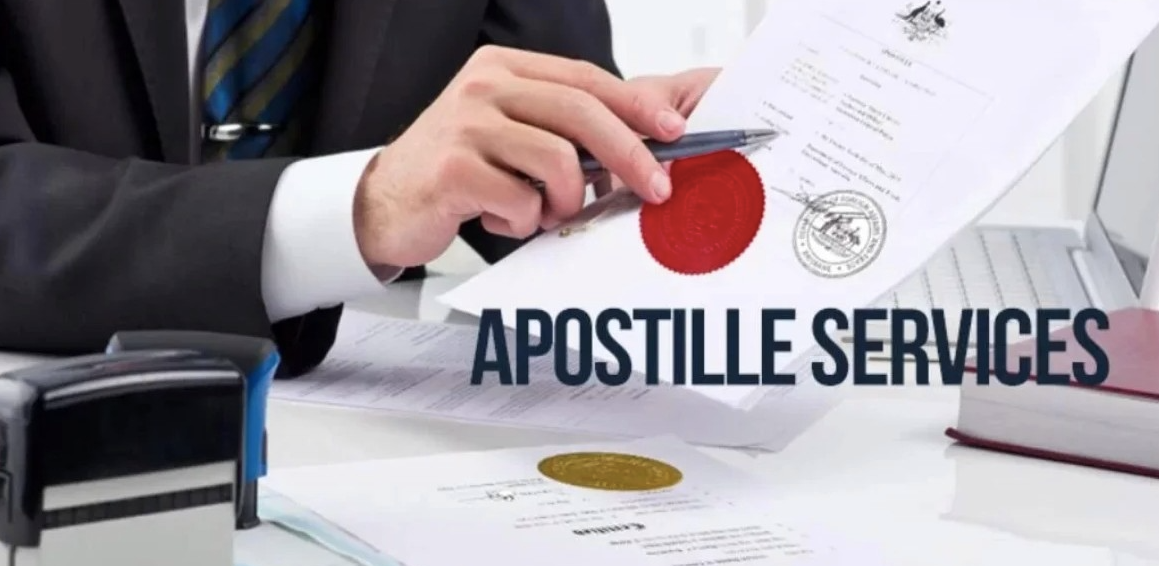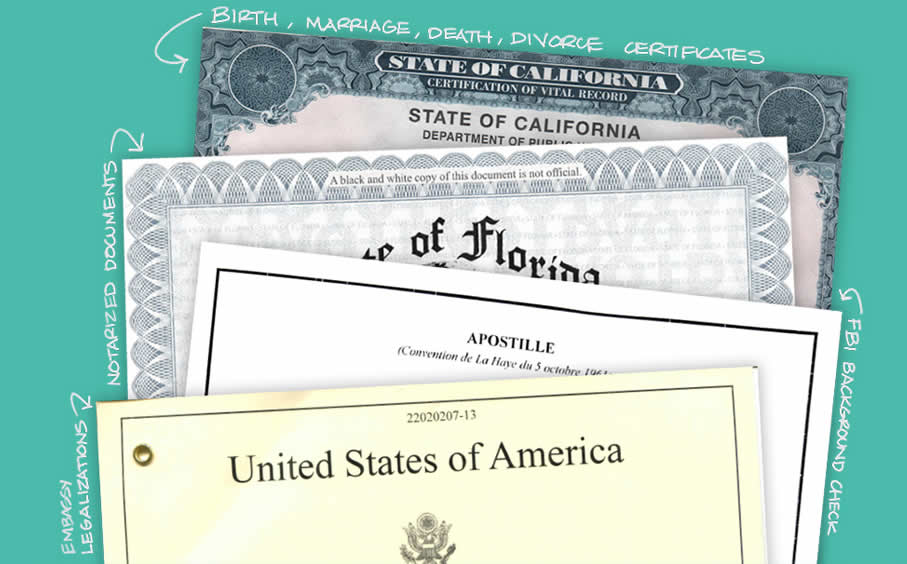Complete Guide to Apostille in Houston, Texas
Complete Guide to Apostille in Houston, Texas
Blog Article
Exploring the Reasons Behind the Mandatory Requirement of Apostille Qualification for Legal Papers
In the realm of legal paperwork, the necessary need of apostille certification has actually become an important aspect that considerably influences the validity and acknowledgment of legal documents on a global range. Comprehending the reasoning behind this requirement includes diving right into the intricate internet of legal complexities, historic precedents, and international contracts that emphasize the relevance of apostille accreditation in today's interconnected globe. By exploring the underlying factors behind this widespread demand, a more clear picture emerges of why this relatively bureaucratic procedure holds such tremendous value for companies, federal governments, and people alike.
Historic Advancement of Apostille Certification
Exactly how did the idea of apostille qualification develop gradually to come to be an important part of international record recognition? The historic evolution of apostille accreditation go back to the very early 20th century. The requirement for a streamlined technique of validating documents for use across boundaries came to be noticeable as worldwide trade and travel increased. In reaction to this requirement, the Hague Conference on Personal International Law introduced the Apostille Convention in 1961. This worldwide treaty established a streamlined process for licensing the credibility of records to be acknowledged in member nations.
Originally adopted by a couple of European countries, the Apostille Convention gradually obtained global acceptance due to its efficiency and performance in verifying the legitimacy of main papers. For many years, the convention's reach increased as more countries joined, acknowledging the apostille as a globally accepted kind of file verification. Today, apostille certification has actually ended up being a typical requirement for confirming lawful documents in worldwide deals, making certain smooth communication and legal procedures in between nations.
Simplifying International Document Legalization
The streamlining of global paper legalisation procedures has actually considerably improved efficiency in cross-border deals. Simplifying the procedure of legislating papers for global use has actually come to be vital in helping with swift and seamless transactions between nations. Among the key devices that have contributed to this simplification is the fostering of the Apostille Convention, which offers a standard technique for validating the authenticity of records throughout taking part countries.
By sticking to the Apostille needs, countries accept recognize each various other's public files as legitimate without the requirement for more legalisation. This removes the prolonged and commonly difficult process of multiple authentications by different authorities, conserving time and sources for people and organizations engaged in global tasks.

Ensuring Document Authenticity and Legitimacy
To make certain the authenticity and credibility of lawful records in international purchases, stringent verification procedures are essential. By calling for apostille accreditation for legal papers, authorities aim to verify the origin of files and verify the signatures of people included.
Furthermore, confirming find out the credibility of legal records through apostille accreditation enhances count on and self-confidence among events engaging in worldwide transactions. Eventually, by promoting strict confirmation criteria, apostille qualification adds to a more clear and secure global legal structure.

Assisting In Cross-Border Legal Recognition
In the world of international transactions, the apostille qualification not just guarantees the credibility and validity of legal records but also plays a critical duty in promoting cross-border legal recognition (Houston Apostille). When legal documents bear an apostille certification, they are easily accepted by foreign authorities without the requirement for more confirmation. This streamlined procedure accelerates the recognition of documents in different countries, advertising performance and lowering bureaucratic difficulties in legal issues that transcend nationwide boundaries
Helping with cross-border lawful recognition through apostille accreditation fosters count on and self-confidence in the credibility of records exchanged in between countries. This recognition is specifically critical in circumstances such as international business deals, adoption processes, or legal procedures entailing celebrations from different territories. By adhering to the standards stated by the Apostille Convention, countries concur to recognize the apostille seals affixed to documents my sources from various other member nations, hence streamlining the procedure of legal recognition across boundaries. Eventually, the apostille accreditation works as a fundamental device in advertising smooth international lawful collaboration and making sure the smooth operation of cross-border purchases.
Compliance With International Treaty Requirements
Compliance with global treaty requirements is vital for guaranteeing the uniform application of legal guidelines across taking part countries. The Apostille Convention, established in 1961, lays out the needs for the acceptance of public records amongst participant nations.
The Apostille qualification, as mandated by the treaty, functions as a guarantee of authenticity for documents such as birth certifications, marriage licenses, court judgments, and notarized deeds. This standard method helps avoid scams and makes sure that lawful papers originating from one participant nation are readily approved in an additional. By complying with global treaty criteria, countries demonstrate their dedication to maintaining the concepts of openness, trust fund, and participation in lawful matters on a global range.
Verdict

In the world of legal documents, the compulsory requirement of apostille certification has come to be a necessary aspect that considerably impacts the validity and acknowledgment of lawful papers on an international scale. Today, apostille certification has become a basic demand for validating legal documents in international purchases, ensuring smooth interaction and legal procedures in between countries.
Additionally, validating the credibility of legal records through apostille certification boosts trust and confidence among events engaging in worldwide deals.In the realm of global deals, the apostille certification not only guarantees the authenticity and validity of lawful files however likewise plays a crucial function in facilitating cross-border legal acknowledgment. By adhering to the standards established forth by the Apostille Convention, countries concur to honor the apostille This Site seals affixed to files from various other participant nations, hence streamlining the procedure of legal recognition throughout boundaries.
Report this page